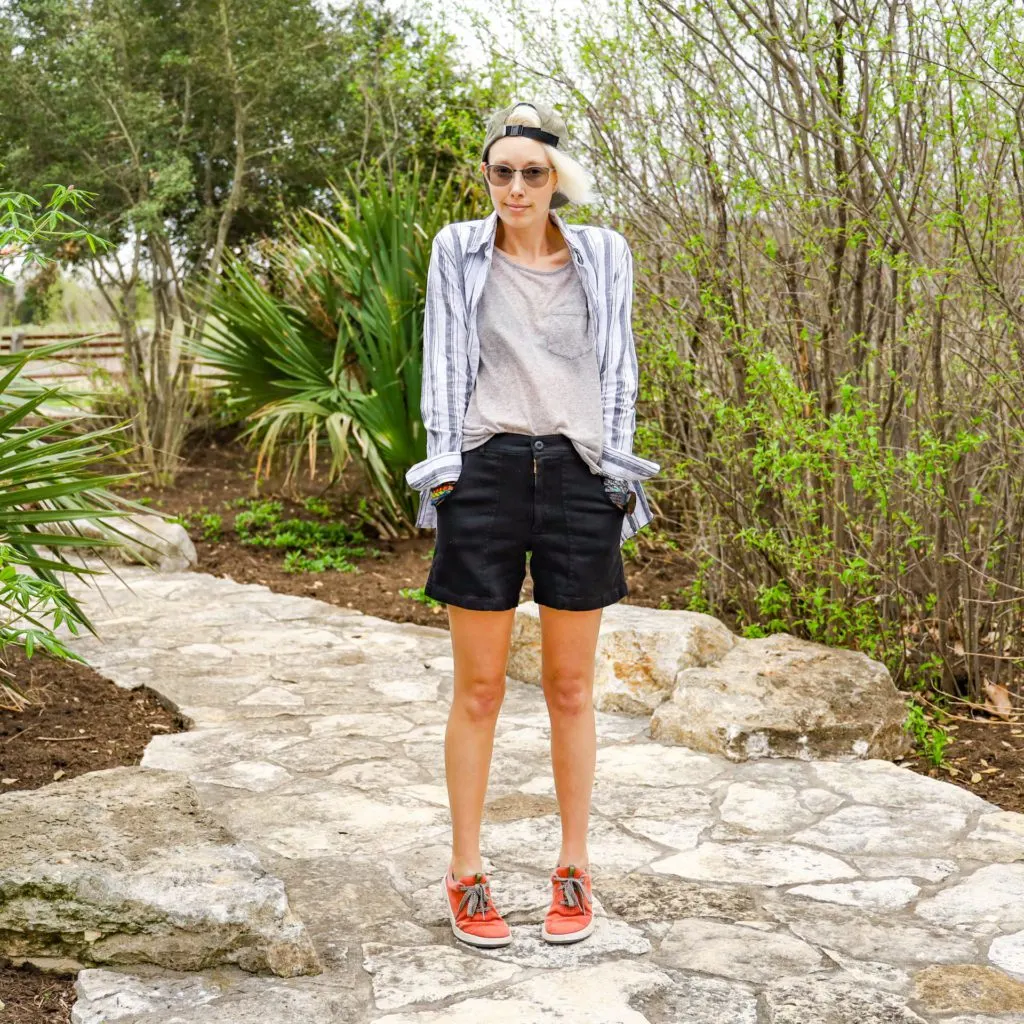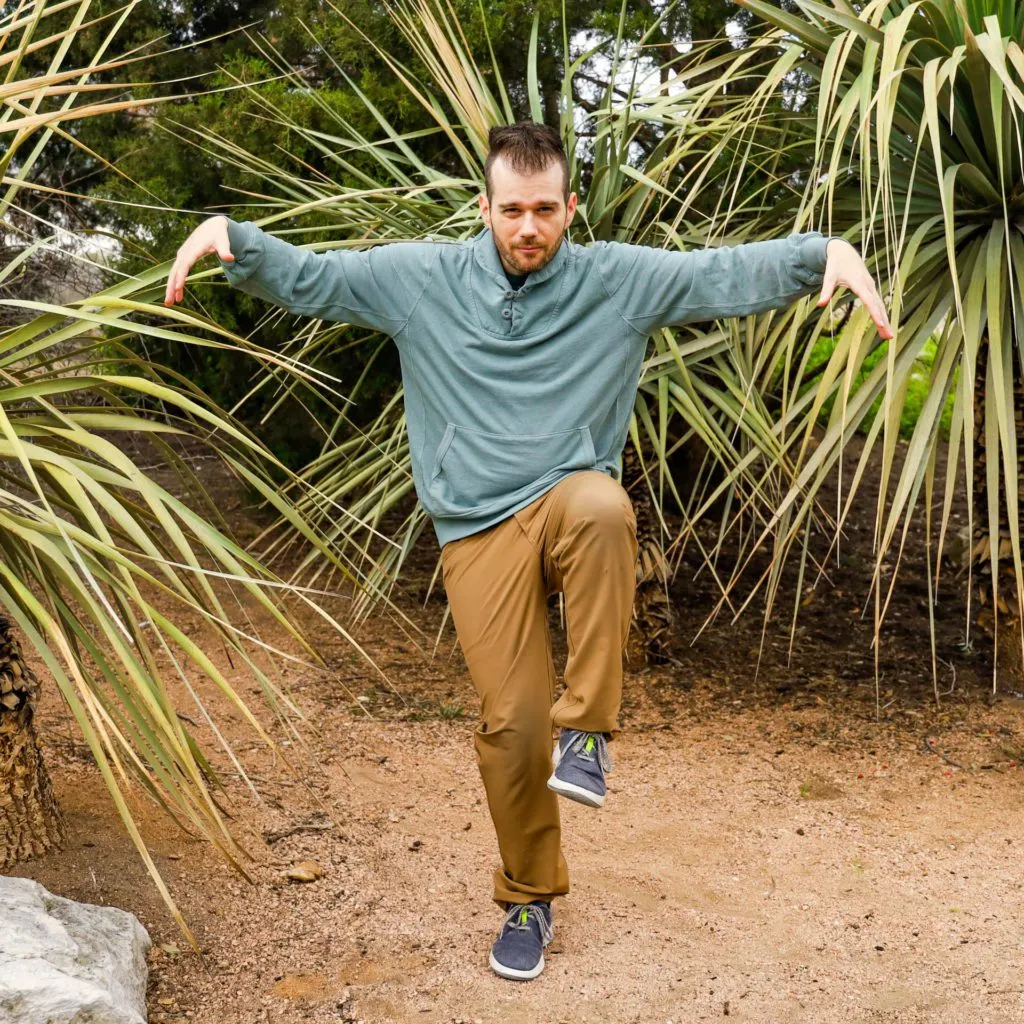The Best Deals on Camping, Backpacking and Outdoor Gear [May 2025]
We’re all about sustainable materials when it comes to clothing and gear, both on and off the trail. And there are few materials more sustainable than hemp (maybe you read our post about it?). But finding quality, sustainable hemp clothing is easier said than done. So we sat down with Jungmaven to find out what makes the company tick, why they use hemp in all their sustainable fashions, and why choosing eco-friendly clothing is so dang important.
Terradrift: What is Jungmaven’s mission? And why hemp? Why advocate for its use?
Jungmaven: Hemp’s potential to mitigate climate change is one of the greatest opportunities of our generation and our focus at Jungmaven is to raise awareness about the many uses of hemp, and why its regenerative qualities make it a desirable alternative to finite, natural resources that are less healthy for the environment. Fashion is a form of activism: what we choose to wear says both who we are and what we stand for. Making beautiful, high-quality hemp clothing is our way of creating a medium through which we can all demand change with our dollars and express what kind of future we want to live in.
Couldn’t agree more! What else, besides manufacturing sustainable clothing, is the brand doing to give back or make the world a better place?
In addition to making products that are better for the environment, we make 95% of our products in the USA, creating jobs at home. We offer and pay 100% of the monthly health insurance to all our employees and starting Q3 2021 we are offering a 401k plan that invests in companies that support environmental and social justice issues. We partner with local artists, designers, tie dye specialists and natural dyers to create limited edition garments using ‘slow fashion’ techniques, resulting in keepsake pieces that are lived in and loved for years. We often position these ‘Limited Edition’ collaborations to raise funds for various causes and non-profit organizations that align with Jungmaven core values groups such as: LCV, ACLU, SPLC to name a few.
How Jungmaven hemp clothing better for the environment and better for people?
I am a founding member of the Hemp Industries Association – a group formed in 1994 and instrumental in the legalization of industrial hemp. Their work directly led to the passing of the 2018 Farm Bill which was a giant win for hemp– making it legal to grow again in the United States for the first time since 1937. This step was a new beginning for hemp, and while the US hemp industry is now headed in a good direction–it isn’t yet producing enough to meet production demands for Jungmaven garments. There’s still much work to be done. Apart from the on-going legislative battle to eliminate legal obstacles that keep hemp farms from thriving– farmers themselves are still building systems and perfecting the elements of processing: harvesting, retting, cleaning, spinning, knitting, cutting, sewing, and dying. The cotton industry has been prioritized for so long, while hemp was illegal, and only now is hemp able to start catching up in regards to streamlined manufacturing processes. One day we hope to use hemp grown right here in the United States, but for now we responsibly source our hemp from China and we are beginning to import much of the yarn and knit the fabric here in the USA. This is a big step forward. We have a healthy 25 year relationship with reputable growers in Shanxi and Heilongjiang Provinces of China who pay fair wages and operate under ethical working conditions. In addition, we are working on a resource guide to help connect small American hemp farmers with factories.

That’s fantastic! There are other clothing brands out there utilizing hemp, of course. What makes Jungmaven so special?
I think Jungmaven tees give people that “best friend never want to take it off” feeling from the start. Since we started in 1994, we have only worked with 100% hemp or hemp blends and and we also garment dye our products. Garment dying started as a survival technique to hit minimums but we realized that it was a necessary step in keeping our tees so soft and unique. The shirts are also very rugged so you get a whole next-level of vintage look and feel.
Jungmaven grew out of these roots of simplicity and sustainability. In the very beginning, we had only one account: a friend’s tiny surf shop in a sleepy town in Central America. We lived in a house made of driftwood where we would feed the horses mangos from our kitchen window and watch the iguanas do push-ups on the Pochote trees before our morning surf. We never needed to ‘make time’ to catch up with friends or remind ourselves not to miss the sunset, they were part of our rhythm of life. In the early ’90’s I became passionate about putting a stop to clear-cutting practices that devastate the planet–and knew growing hemp offered a solution to this, as well as to many other environmental issues. At that time, hemp was not considered fashion, and my concept to design a high-quality hemp tee was born from a determination to get the industry and the public to recognize both hemp’s massive potential to heal the planet and to become a fashion-forward textile.
Do you think there’s a certain responsibility that clothing brands have to protect the natural spaces we all love?
Yes, absolutely. Climate change is one of the most important issues of our time and every human being and brands needs to do its part.
As consumers, when we go shopping for clothing and accessories, how can we make more responsible and informed purchases?
Nowadays it is so easy to do the research ahead of time to figure out who is putting the money where their mouth is. Do the research and vote with your dollars.

•
Totally on board, Jungmaven! We hope legislation allows more hemp farms to start popping up all over the country so we can find more dope hemp clothing and gear everywhere we go! If you’re all about it, check out Jungmaven’s whole lineup here (we especially love their shorts and sweatshirts). And if you’re curious about the sustainability of hemp, check out this post for more info.
Not clothe thyself is sustainable fabrics, get outside, and wander on!
•
Looking for more Sustainability Spotlights on eco-friendly brands? Find them here!
